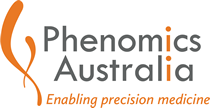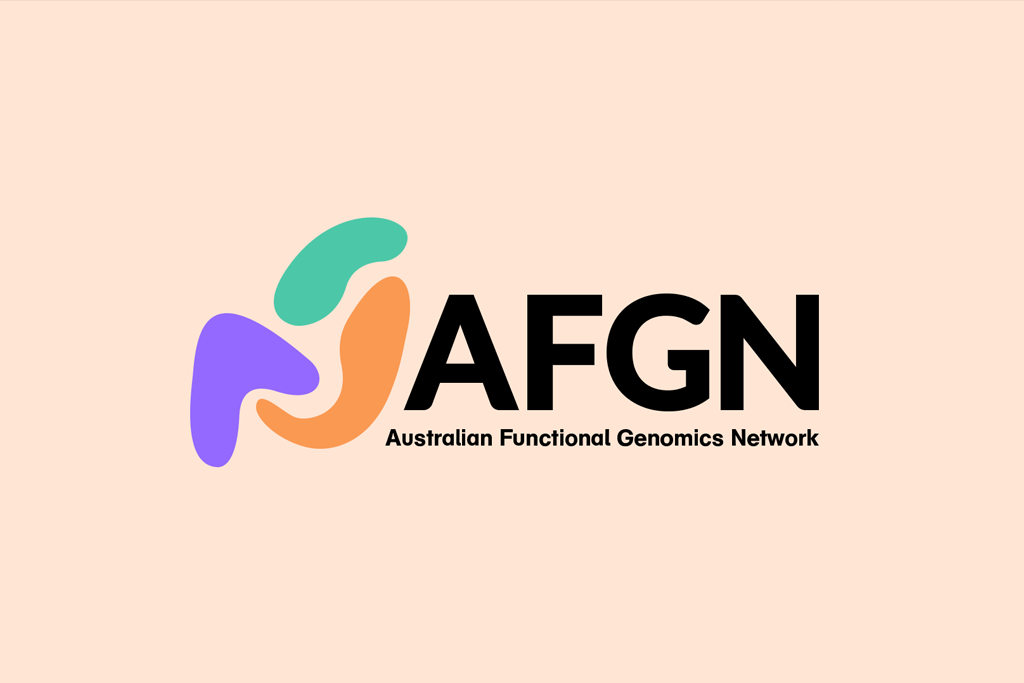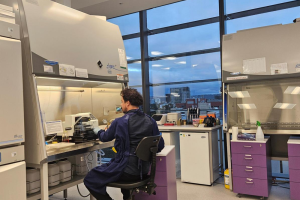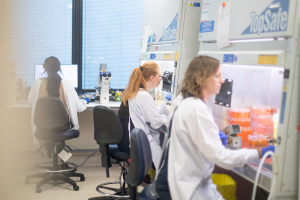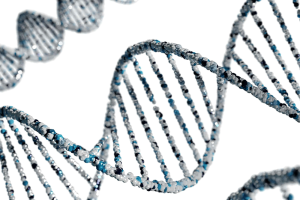Phenomics Australia is proud to be actively involved in the advancement of functional genomics research through our existing capabilities, providing expertise and resources to the Australian Functional Genomics Network (AFGN).
The AFGN has dedicated $1.13 million to the development of six new functional genomics platforms aimed at resolving variants of uncertain significance (VUS) in priority genes. As we collaborate with the AFGN on this groundbreaking project, we look forward to contributing our knowledge and resources to validate VUS in genes of high clinical importance. Together, we are taking significant steps towards our commitment to enhancing the understanding of the genetic basis of rare diseases and improving patient outcomes.
A total of $1.13M has been allocated to the following six platforms:
- Polycystin 1 (PKD1): Ian Smyth & Amali Mallawaarachchi to investigate Polycystic kidney disease using Mice.
- Filamen C (FLNC): Robert Bryson-Richardson to investigate cardiomyopathy & myopathy using
- Ryanodine receptor 1 (RYR1): Avnika Ruparelia to investigate neuromuscular disease using Zebrafish.
- Titin (TTN): David Ascher to investigate cardiomyopathy & myopathy using protein structure assays.
- Usherin (USH2A): Robyn Jamieson to investigate Usher syndrome (hearing loss & visual impairment) using Human iPSC retinal organoids.
- ATP binding cassette subfamily A member 4 (ABCA4): Alex Hewitt to investigate retinal degeneration using site-directed mutagenesis and midigenes.
The AFGN is a national collaboration that aims to enhance the understanding of the genetic basis of rare disease. Funded by the Medical Research Future Fund, the AFGN will distribute $5 million to functional genomic studies until 2026. In the clinical context, functional genomics focuses on elucidating the contribution of genetic variants to a patient’s disease phenotype.
In March this year the AFGN opened a funding call to develop gene-specific functional genomics platforms to validate variants of uncertain significance (VUS) in genes of high clinical priority identified through Shariant, a cloud-based sharing platform used by Australian laboratories and clinical services.
Visit AFGN’s website for further information. They review clinical submissions and release funding opportunities on a regular basis.
